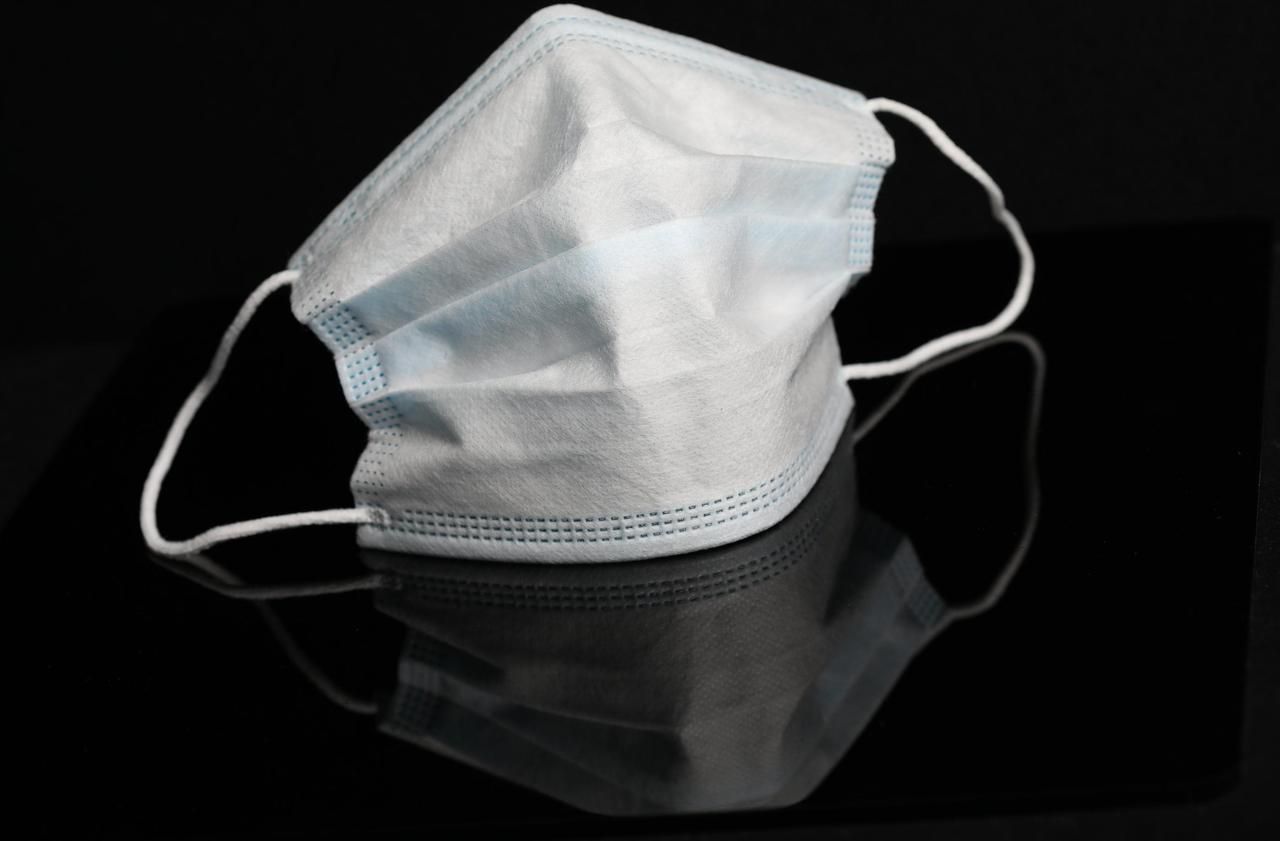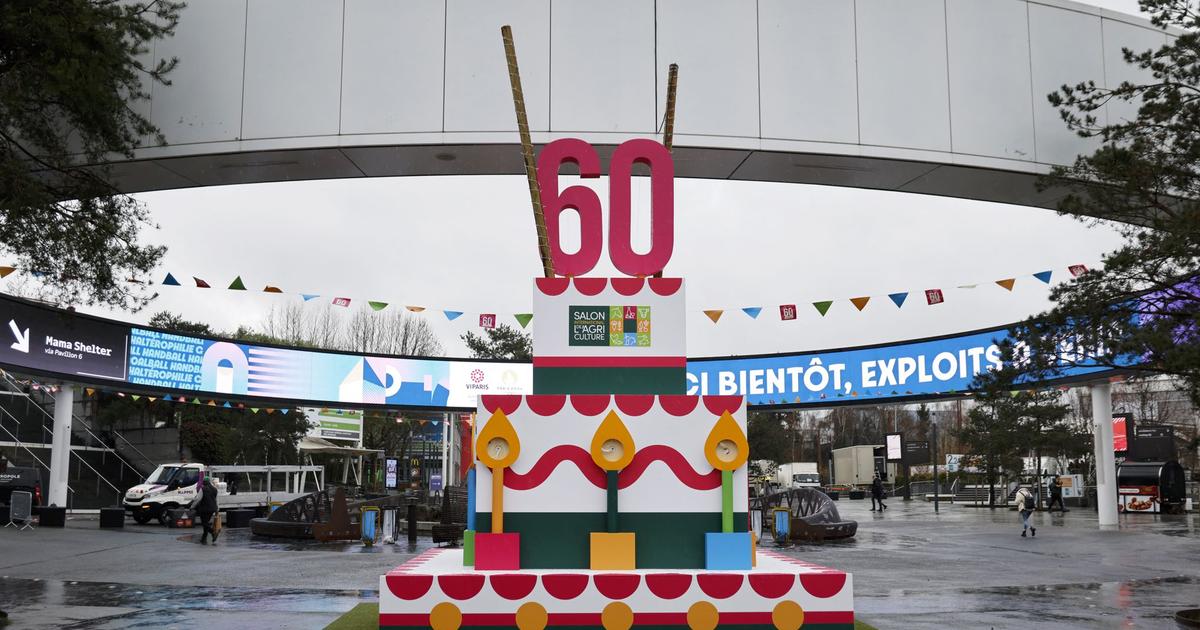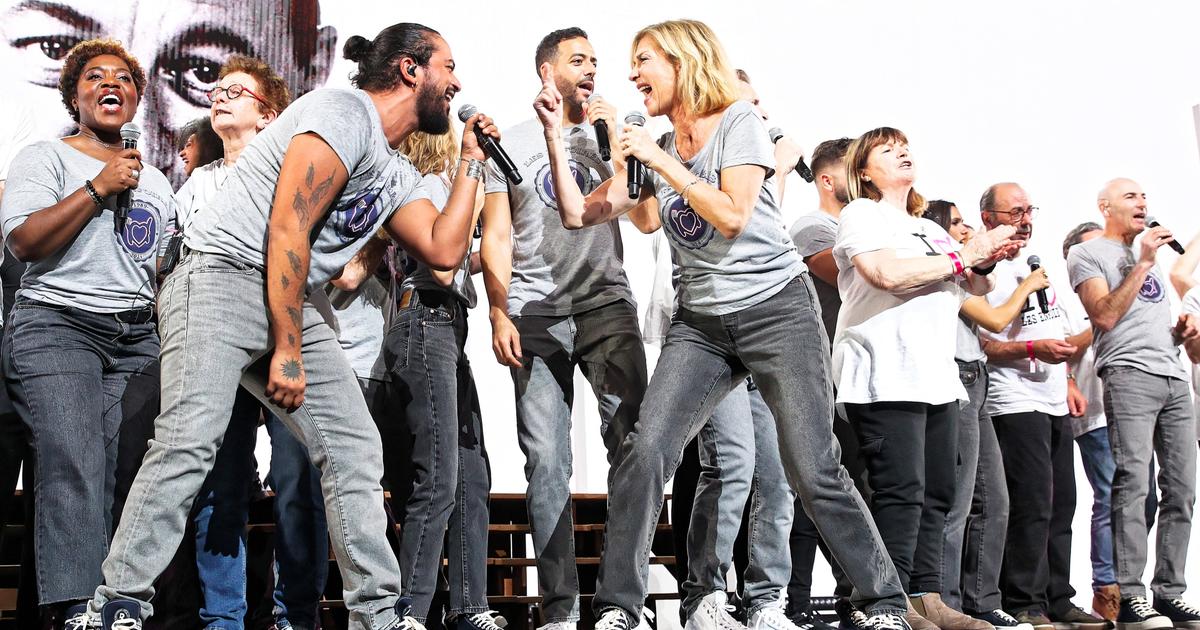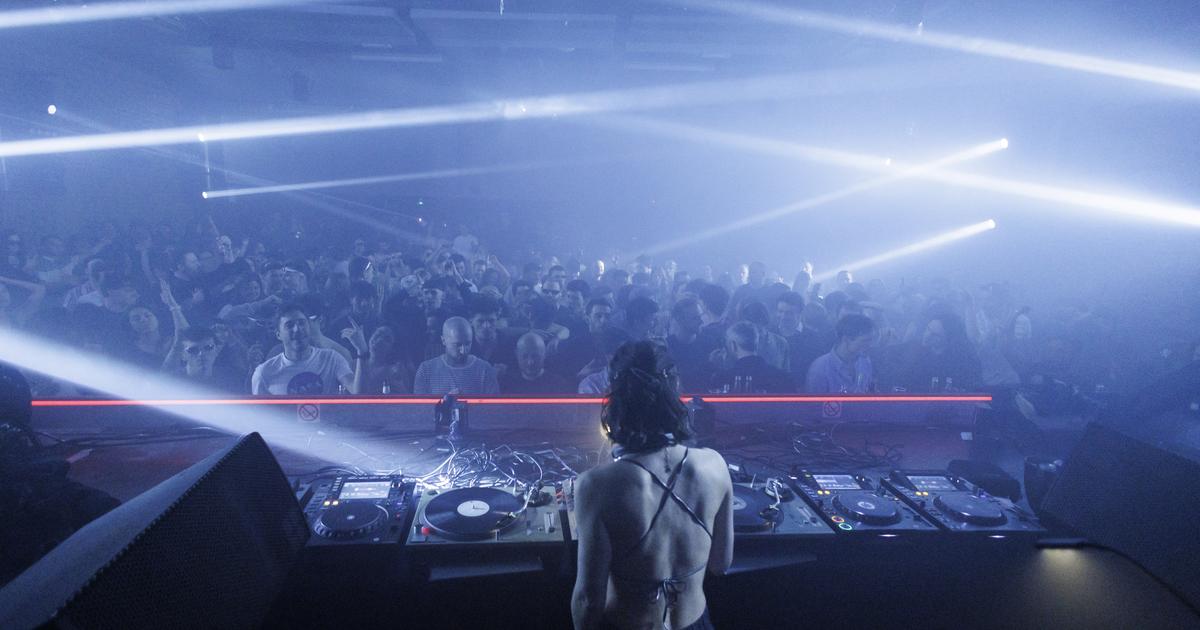Did a man really die in the United States after having participated in a “Covid party”? A few hours after the publication of this resounding story, relayed by many American media, doubt is allowed.
At the origin of this drama, there is only second-hand testimony, which no media could verify: that of Jane Appleby, chief doctor at the Methodist hospital of San Antonio (Texas). She explained to several media that a nurse had told her that "recently" lost a young patient who died of Covid-19 after having, according to her own accounts, made the "mistake" of participating in one of these evenings , thinking it was a "hoax". The very existence of these evenings - the principle of which would be to rub shoulders with contaminated guests in order to develop immunity - therefore seems to have more to do with urban legend than with reality.
Contradictory comments
Last April, already, the infectious disease specialist Greta Bauer denounced in the pages of the New York Times these "coronavirus parties", confessing however to have heard about them only through rumors.
In May, the Washington State Department of Health tweeted that it had "received information" about the organization of these types of parties, alerting the public to "a very bad idea! It is dangerous and it puts people in danger of hospitalization or even death. "
We've been getting reports of “coronavirus parties” where uninfected people are mingling with # COVID19 positive individuals intentionally to try to contract the virus. Bad idea! This is dangerous and puts people at risk for hospitalization or even death. https://t.co/3hZYF7KjQN
- WA Dept. of Health (@WADeptHealth) May 7, 2020A few days later, Meghan DeBolt, public health officer for Walla Walla County in Washington State, said that she had discovered that at least two patients with the disease had attended "Covid-19 parties". Before retracting two days later in the New York Times: "We discovered that there were no parties organized for the purpose of an intentional infection of the disease," she declared.
During the following weeks, similar stories were told in the local press. Each time, no evidence of a real intention to be contaminated. In Kentucky, the "coronavirus parties" seemed more like parties between young people refusing to confine themselves. In Alabama, a Tuscalossa city councilor said in the media that students organize such parties, and even bet on who gets the disease first. Information confirmed by the city's fire chief ... before the health department said it was not "able to verify that such parties have taken place".
THREAD: While the Alabama Department of Public Health (ADPH) could not verify any parties where persons tried to contract # COVID19, the ADPH warns that this is a dangerous and, sometimes, deadly virus. (1/3) pic.twitter.com/JALKTuHsgg
- Alabama Public Health (@ALPublicHealth) July 3, 2020The University of Alabama also tweeted that it had not identified incidents of "Covid parties" on their campus.
We have been aware for weeks of the rumors about COVID parties. We conducted a thorough investigation, + although we have been unable to identify any students who may have participated in these types of activities, we will continue to follow up on any information we receive
[1/3]
Newsletter - The essentials of the news
Every morning, the news seen by Le ParisienI'm registering
Your email address is collected by Le Parisien to allow you to receive our news and commercial offers. Find out more
This Monday, a few hours after relaying the death of the 30-year-old in Texas, the New York Times republished its article, saying that the experts seriously doubted the existence of such an evening.
Therefore, the question arises, do these Covid evenings really exist?
Not impossible, but a "microphenomenon"
"For the moment, I think there is none, or else it is a micro-phenomenon. We have no concrete information and all the comments relayed by the media are based on sources that are not necessarily reliable, ”explains Jeremy Ward, sociologist and researcher at the Sorbonne.
"It is entirely possible that these evenings exist, but if this is the case, it is extremely marginal," said Guillaume Lachenal, a science historian and specialist in epidemics.
Aurore Van de Winkel, specialist in urban legends, notes for her part that this kind of story is far from new, and pre-existed the Covid-19 pandemic. For them, these stories of evenings are extrapolated from parties that really existed, "on the eve of confinement", sorts of "end of the world celebrations as they have existed for a long time". She cites similar festivals in 1910 when Comet Haley approached, or in 2012 "when some thought it was the apocalypse."
Truncated accounts of real parties, these stories of “Covid evenings” are not the first in an epidemic context. In the United States, there are regular rumors of chickenpox evenings, organized by families so that their children catch a mild form of the disease and do not suffer from it as adults. In 2016, Spain had known rumors of HIV parties that had been debunked.
“With each epidemic, there are these stories that come back. This was also the case for the H1N1 flu in 2009. Again, these were not rumors, "says Jeremy Ward.
"It's a way of denouncing the public's lack of precaution"
According to Aurore Van de Winkel, it is "excessive to say that the participants who have been infected during parties in recent weeks wanted to knowingly pass the Covid-19". On the other hand, it is quite probable, according to her, that young people are infected during evenings simply because they do not take precautions.
Why do these Covid party stories have such an impact? According to the expert, "they make it possible to denounce behavior deemed irresponsible by designating a scapegoat: the young person". Jeremy Ward agrees: "It is a way of denouncing the public's lack of care. It is easier for the media and institutions to carry a prevention message from an extreme case like this. "
The United States is the country most affected by the coronavirus pandemic. The country has confirmed nearly 60,000 new cases in 24 hours. The toll is already very heavy for the moment: more than 137,000 deaths for at least 3.4 million people infected.










/cloudfront-eu-central-1.images.arcpublishing.com/prisa/Z45E6KV7VJGUXAKJWH7VA4NJSE.jpg)




